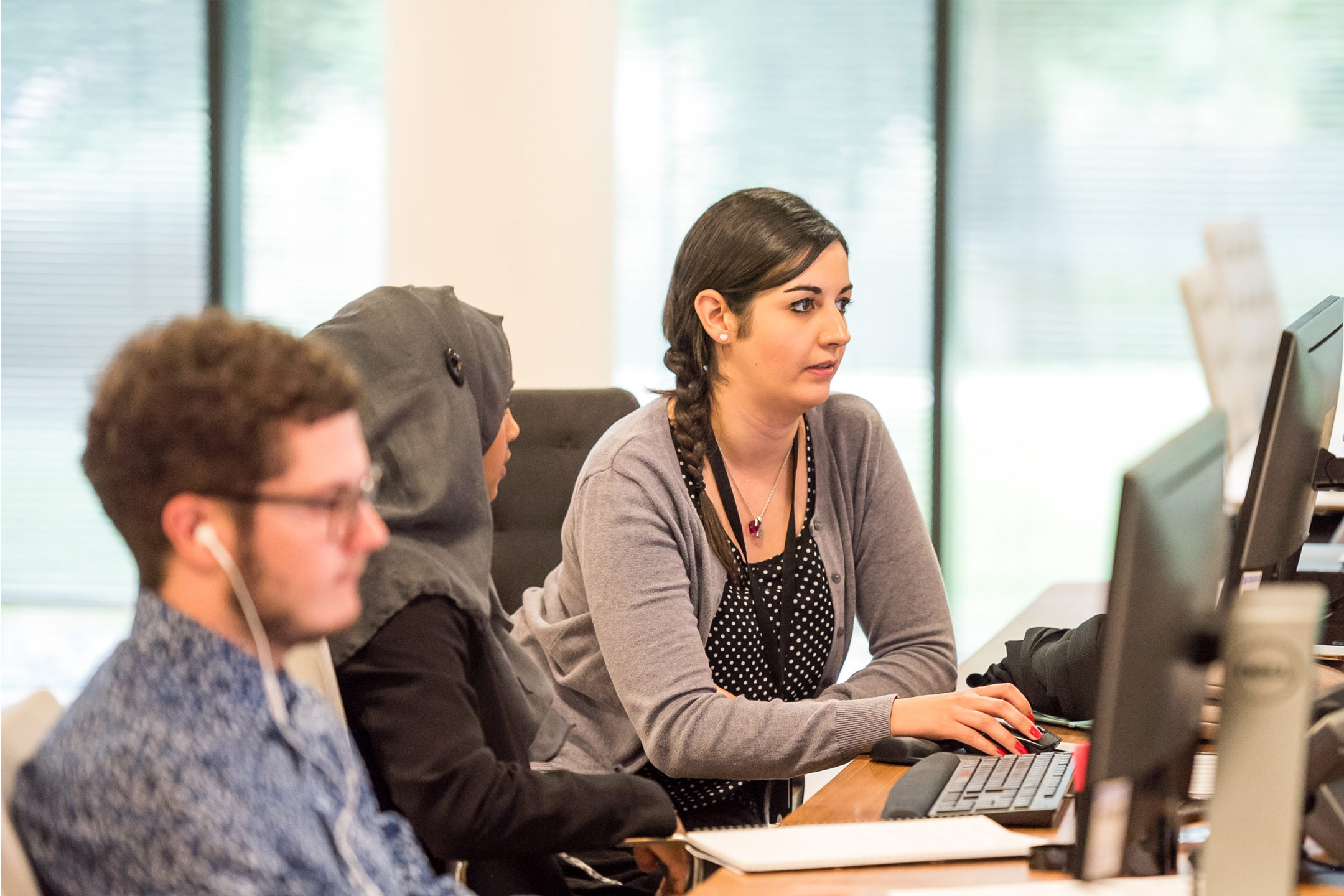
25 Jun Pregnant and working parents needed for national study on discrimination at work
Unveiling the Struggles: A Study on Work Conditions for Pregnant Women, Parents on Leave and Parents Returning to Work
A 2014 Australian national review showed that almost half (49%) of mothers, and over a quarter (27%) of fathers, have experienced discrimination during their pregnancy, parental leave or return to work experience (Australian Human Rights Commission, 2014) since the birth or adoption of a child. As the number of number of working parents in Australia is increasing, there has been no follow-up nationally-focused investigation of the prevalence, nature, and consequences of workplace discrimination or general work conditions for parents since this 2014 report.
Dr Rachael Potter (Research Fellow, UniSA) and other researchers are conducting a national study to shed light on the challenges faced by pregnant women, parents on leave and those returning to leave. The study not only highlights existing discrimination faced by these groups but also offers valuable insights into improving work conditions. There have been over 500 responses so far nationally, but the study organisers are looking for more pregnant people and parents (of all genders!) to participate further.
Analysis of the data so far has revealed concerning results.
For pregnant people, 30% of respondents received no information about their upcoming leave entitlements, which is a legal requirement in workplaces. Of concern though, 23% of people felt they needed to hide their pregnant belly at work and 20% did not received training that they would have otherwise received had they not been pregnant.
People on parental leave reported a substantial lack of communication from their employer about important work-related events or decisions that would affect them. Whilst on leave, 22% had their tasks or job altered against their wishes. 38% said that their partner did not have access to or was denied access to flexible work arrangements, meaning that the care responsibilities fell on that one parent. Also 73% felt that they would have liked to take more leave to care for their child.
Parents returning to work reported the most worrying range and amount of discrimination. Almost 40% of parents did not receive any information to do with their leave entitlements. Common forms of discrimination include parents receiving negative or offensive remarks relating to requiring time off to care for a sick child (38%), working part-time or requiring flexible work hours (37%) and being seen as a less committed employee (36%). On a positive note, some parents reported that they had access, and were encouraged, to engage with flexible work practices.
Workplace discrimination for pregnant persons and parents is generally rife across Australia. Everyone is encouraged to acknowledge the issues facing parents and to help work on creating a more inclusive and supportive work environments.
It is critical to know your workplace rights and be informed. Australian parents are protected by the Sex Discrimination Act, state and Territory Ant-Discrimination Laws, the Fair Work Act and Work Health and Safety laws.
In order to address work conditions and discrimination and to create a more supportive environment, the study organisers are looking for more participants. By participating in this survey and sharing your experience, you can contribute to the ongoing dialogue and work towards a more inclusive, healthy, and safe future.
Your contribution to the research findings will help to inform future national and organisational policy and practice.
So join forces and help to strive for a society where every parent can thrive both personally and professionally by visiting the University of South Australia research national Study Project


